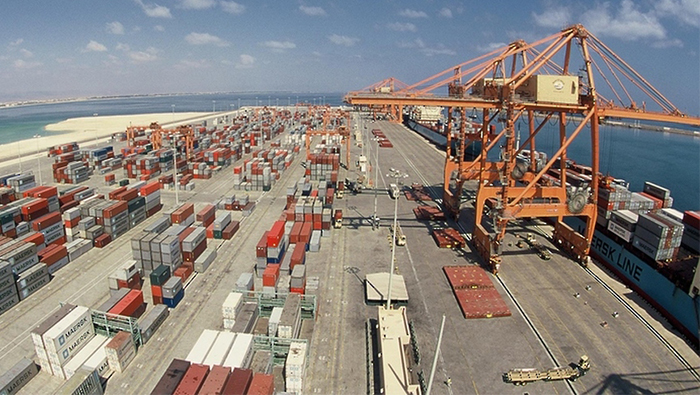The Import Price Index (IPI) in the Sultanate of Oman saw a decrease of 1.5 percent at the end of the second quarter of 2024 compared to the same period in 2023. This drop worsened to 3.3 percent when compared to the first quarter of 2024, according to the Ministry of Economy. The main reason for the decline in the IPI is the decrease in prices of non-food raw materials excluding fuel by 19.9 percent at the end of the second quarter of 2024. Various other groups also experienced drops in prices, such as mineral fuels and mineral lubricants, machinery and transport equipment, and vegetable and animal oils, fats, and waxes.
Despite the overall decline in prices, some groups saw an increase compared to the corresponding period in 2023. Various products witnessed a 17.1 percent increase, chemicals and related products increased by 16.2 percent, drinks and tobacco saw a significant 33.1 percent increase, and food and live animals increased by 6.3 percent. Furthermore, vegetable and animal oils, fats, and waxes also increased by 3.7 percent when compared to the first quarter of 2024. These fluctuations in prices across different groups reflect the dynamic nature of the import market in Oman.
The Ministry of Economy’s data highlights both the challenges and opportunities present in the import market in Oman. The decrease in prices of certain raw materials and products indicates a potential strain on the economy, particularly for businesses that rely on importing these goods. On the other hand, the increase in prices for other products presents opportunities for growth and profitability. Understanding these trends and making informed decisions based on this data is crucial for businesses operating in Oman’s import market.
Businesses operating in Oman’s import market should closely monitor the fluctuations in prices of various goods and raw materials to make strategic decisions. By keeping track of the Import Price Index and analyzing the price changes in different groups, businesses can adapt their strategies to capitalize on opportunities and mitigate risks. This proactive approach can help businesses stay competitive in a dynamic market and ensure long-term success.
In conclusion, the import price index in the Sultanate of Oman experienced a decline at the end of the second quarter of 2024 compared to previous periods. While some groups saw decreases in prices, others experienced an increase, highlighting the volatility of the import market. By staying informed about these price fluctuations and making strategic decisions based on the data provided by the Ministry of Economy, businesses in Oman can navigate the import market effectively and drive growth and profitability.











